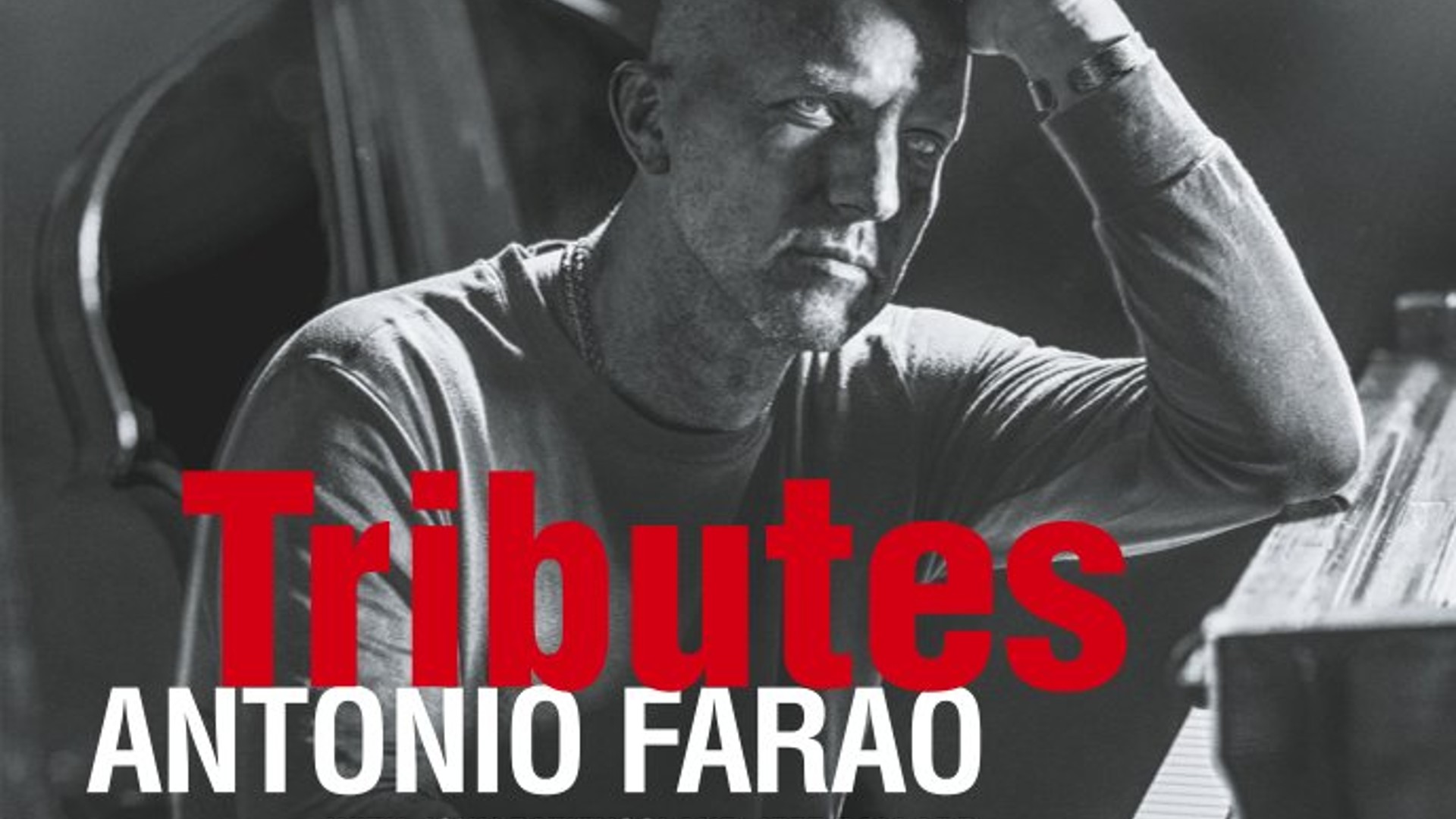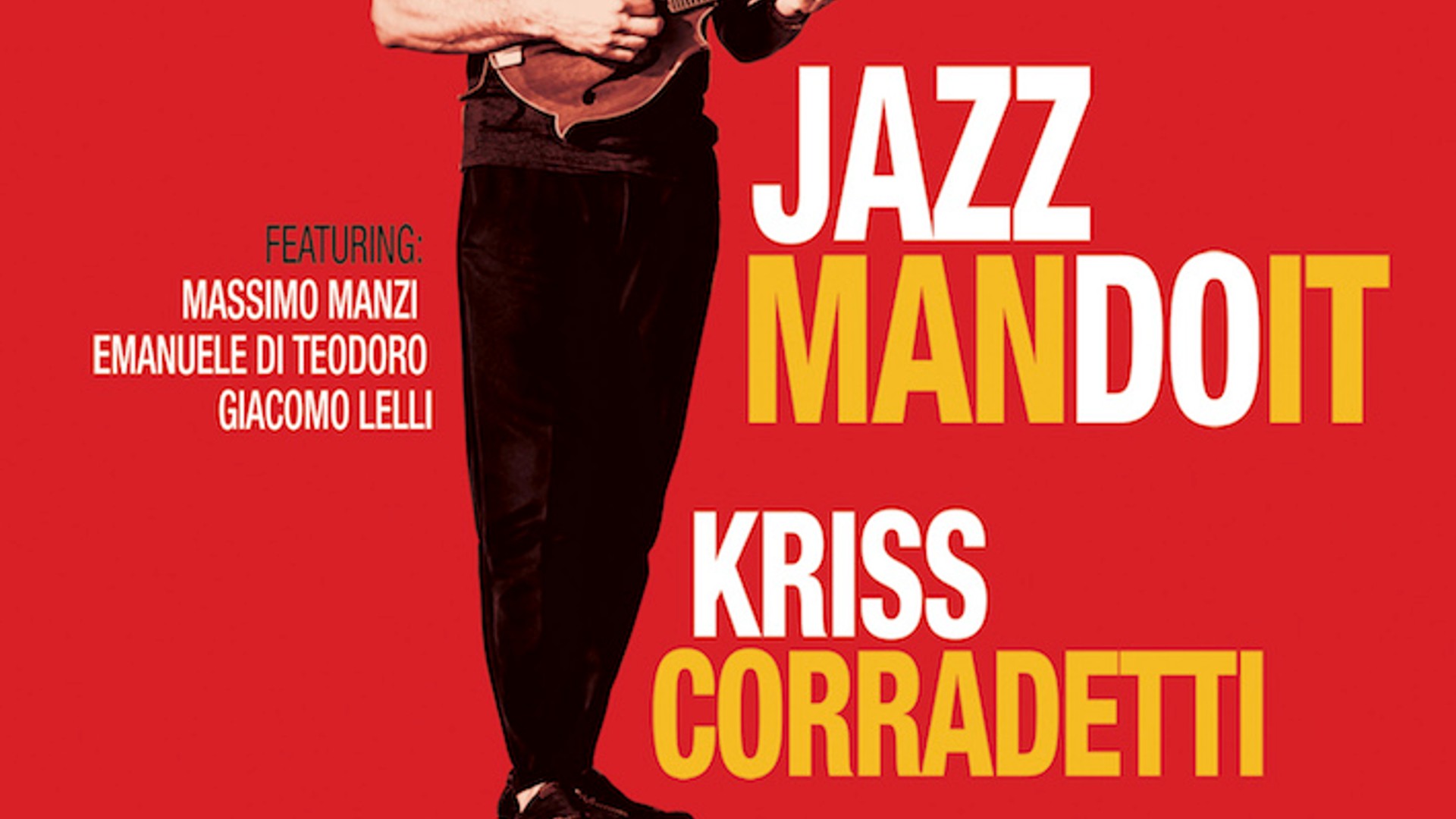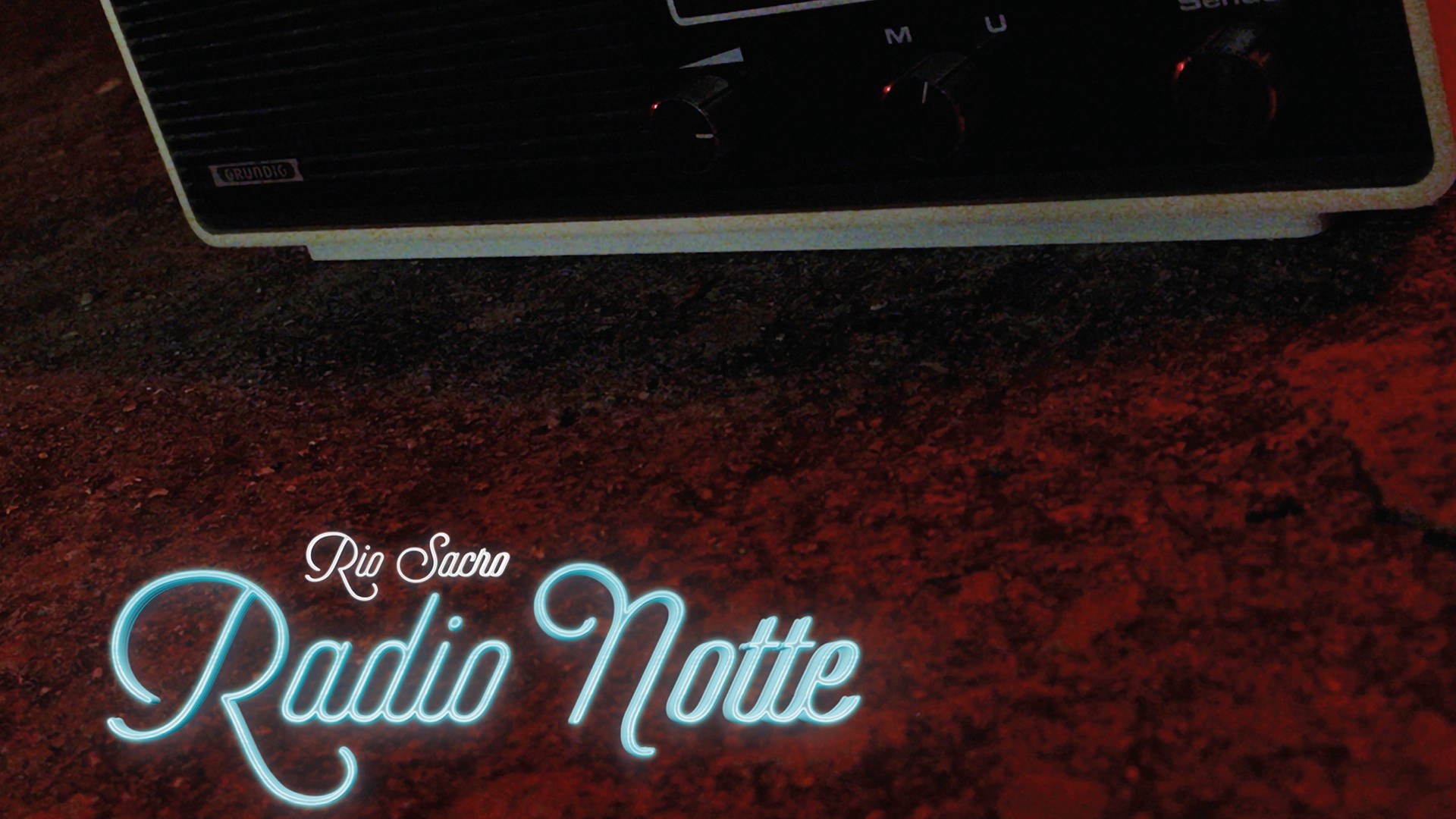“I’m proud to be part of Criss Cross, ”Antonio Faraò says of his maiden voyage for the label. For the occasion, which transpired in Meudon Studios in Paris in July 2023, the Milan-based pianist, then 58, convened an equivalently virtuosic trio comprising bassist John Patitucci and drummer Jeff Ballard, presented them with eight originals and two standards, and let them loose. Each member operates at a creative peak on this lyric, kinetic, beautifully proportioned 65-minute recital.
It’s Faraò’s sixth trio album, but his first since Domi, from 2011, when he documented tencompositions with bassist Darryl Hall and drummer Andre Ceccarelli, show casing his mastery of counter point, endless melodic invention and well-calibrated touch. Preceding that were two theme albums for Italy’s CAM Jazz label devoted to interpretations of Italian film music, on Woman’s Perfume, with Ceccarelli and electric bassist Dominique Di Piazza, he elaborated on themes by Italian film composer Armando Trovajoli and his own tones parallel to them, and operated similarly but more free wheelingly on Takes on Pasolini, triologuing interactively throughout with veteran maestros Miroslav Vitous on bass and Daniel Humair on drums. Acinematic quality suffuses the 11 Faraò originals that appear on Encore, from 2004, withEuropean partners Martin Gjakonovski and Dejan Terzić. Titled Tributes, Faraò’s Criss Crossde but is closer in feel and attitude to the albums Black Inside, Thornand Next Stories, recorded for Enja between 1998 and 2001, where Faraò joined forces, respectively, with top-of-the-pyramid, New York- seasoned masters Ira Coleman and Jeff Watts, Drew Gress and Jack de Johnette, and Ed Howard and Gene Jackson.
Functioning completely as a peer, he addresses the dialects of his pianistic heroes, universal “postbop” influences as Herbie Hancock, Chick Corea, McCoy Tyner, Keith Jarrett, Bill Evans and Kenny Kirkland, as well as Oscar Peterson, Erroll Garner, Lennie Tristano, and Martial Solal, on their own terms of engagement, with the fluency ofa native speaker. He assimilates their styles, refracts them into a personal argot, alchemizing challenging rhythms and highbrow harmony into graceful melodies. Heeschews ironic deflection and gratuitous structural complication, sustaining an attitude o fin-the- moment creation and a fierce will to swing. “I like to play in the straight-ahead way, but at the same time be open, out of the box” Faraò says. “Playing this way allows me freedom, and this rhythm section knows how tomanage that dimension. I don’t think about anything when I play. I try to follow the line. When you start thinking is when you make a mistake. You should play natural. Live yourself. Form the way. When I compose, my inspiration is usually from the past, when I was a teenager. It’s rare that I’m inspired by the future.
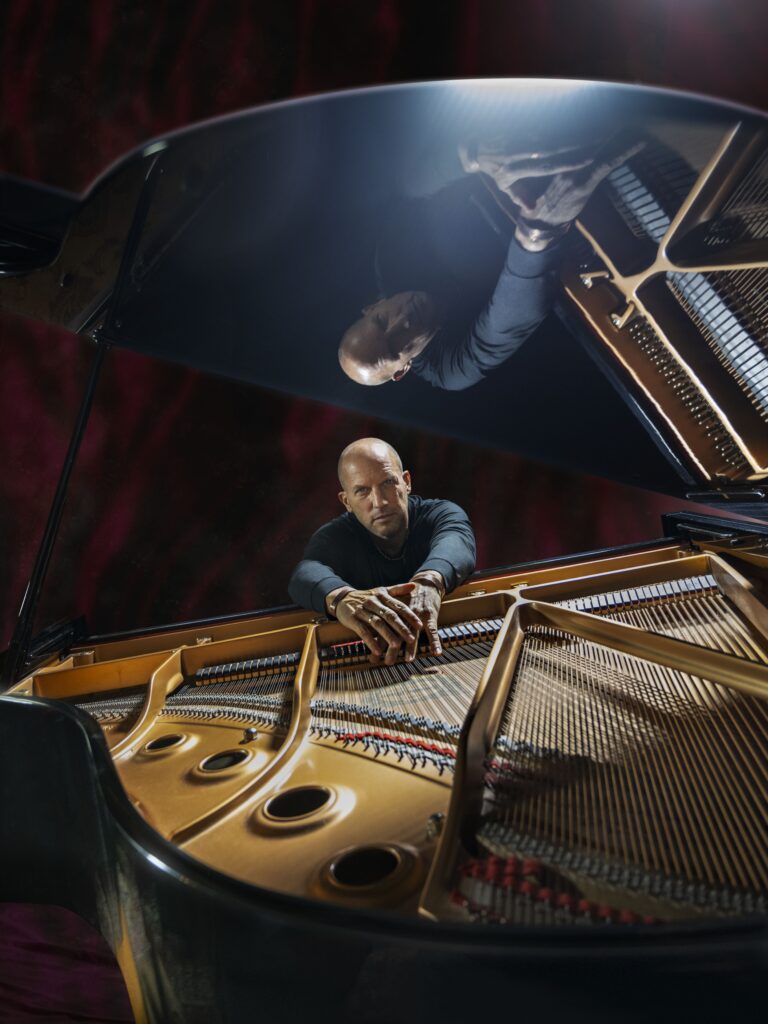
”Faraò’s father was a jazz lover who as a young man played drums in an orchestra in Pola, then part of Italy, now in Croatia. He fell in love with the notion of swinging by listening tohis parents’ recordings of Gene Krupa, Benny Goodman and Count Basie as a child, and to Ella Fitzgerald at a concert in Milan when he was 6. Early on, he played drums and vibraphone, before turning his attention to the piano. By15, his parents were bringing him to Milan’s Capolinea jazz club, where he began to sit in with American musicians coming through. By 16, he was getting calls to play around Milan with high level improvisers like Steve Grossman, Jimmy Owens, Charles Tolliver and Lee Konitz. Meanwhile, Faraò was working towards a degree at the Giuseppe Verdi Conservatory, where he assimilated the composers, Debussy, Ravel, Chopin, Bach, whose scores he assiduously practices to this day. After Corea’s death in 2021, Faraò began to ponder “paying tribute to some of the most important musicians in my life who’d passed away in recent years.” He adds: “I thought it would be great to put together a band with Jeffand John for their connection to Chick. ”His relationship with Patitucci dates to the early 1980s, before he joined Corea’s Akoustik Band. “John is perfect,” Faraò says, adding that they have Calabrese grandfathers. “Heplayed years with a genius like Wayne Shorter, who for me is the teacher, along with Herbie Hancock, who advanced the ideas of Miles Davis. Over the years, we kept sayingwe should do something together, and finally it’s happened, which I’m glad about.
He’s performed a few times with Ballard (who played drums in Corea’s Origin Band in thelate 1990s and with the Brad Mehldau Trio since 2003 in addition to his own projects, andmoved to Europe in 2010), most recently at a memorial tribute to violinist Didier Lockwood, with whom Faraò played frequently, and on a gig with trumpet giant Alex Sipiagin’s group. When Criss Crossveteran Sipiagin introduced Faraò to label president Jerry Teekens, Jr., Faraò seized the opportunity to actualize that desire.The brisk title track emerged while Faraò was rehearsing for an engagement at Milan’s Blue Note. “The tune’s harmony and melody reminded me of Chick, and I got goodfeedback from the musicians I played it with,” he says. After the leader’s fluent solo, Patitucci uncorks a forceful declamation. He also discerns Corea’s influence in the form of Right On, “a pedal tune in two parts with an easy melody” that he elaborates with cascading arpeggios and darting runs, shifting into comp mode for another cogent turnby Patitucci. Shock, Faraò acknow ledges, “may be more complicated with respect to the other tunes. ”It’s a fast modern minor blues line (“not dedicated to anyone”) on which Faraò counter states his galloping lines with well-punctuated fifths by the left hand, cushioned by Ballard’s warp speed ride cymbal and Patitucci’s centered beat. His inexorably swinging half-tone-up treatment of the melody of Cole Porter’s I Love Youwas inspired by an arrangement that Hancock played in the mid-1990s with Craig Handy, Dave Holland and Gene Jackson. “It’s an easy arrangement,” Faraò says. “I didn’t change a lot of chords, though I did put more bars in the tune’s structure.”
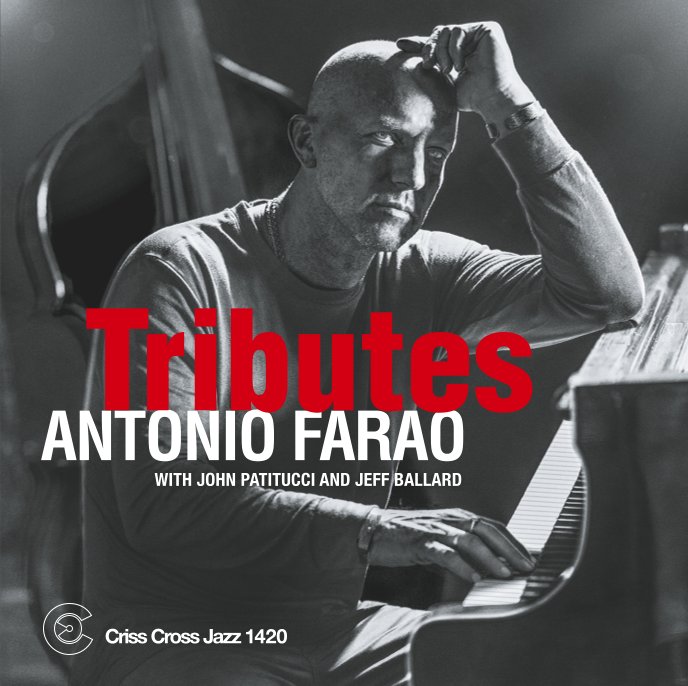
As indicated by the title, Tenderis a singable ballad with a poppish feel. Faraò and company gradually build the tempo and the drama until an ascendant concluding sectionthat proceeds to Ballard’s propulsive straight-eighth groove. It sets us up forthe thunderous “MT” (McCoy Tyner’s initials, if you didn’t guess), propelled by Ballard’sfresh, rumbling Elvin Jones feel. “McCoyis in my blood,” Faraò says. “The year before he died, I played a couple of concerts with the McCoy Tyner Project, and I’ll play some concerts in the McCoy Legends project this summer with Steve Turre, Chico Freeman, Avery Sharpe and Ronnie Burrage.”The Brazil-inflected Memories of Calvi is a dialogue with Michel Petrucciani, who Faraò encountered regularly during the 1990s at Corisca’s Calvi Jazz Festival. “Michel is my inspiration for this tune,” he says. “Some of the changes in the middle remind me a little bit of his ‘Looking Up.’”Faraò calls upon his classical music background in developing the solemn rubato theme of the a cappella Syrian Children, which he birthed after viewing a documentary on the war in Syria. “It’s dedicated to all the children in the world who are suffering,” says Faraò, who has two sons. He first played the mysterious Song for Shorteron his 1991 debut leader recording, Viaggio Ignoto, with Billy Hart on drums.
“The inspiration came from the Miles Davis Quintet, which I grew up with.” The interplay here is particularly keen, as Ballard’s rhythm-painting and Patitucci’s perfect note choices, and poetic solo, complement the leader’s speculative but sure footed path. The proceedings end with an authoritative, bracing run through Corea’s “Matrix,” an important signpost of late twentieth century jazz piano expression. “John and Jeff played this tune with Chick, and I love it and wanted to play it,” Faraò says. “It’s a little tricky, but it was easy to choose it. It’s the perfect conclusion.”It concludes the most recent iteration of the state of the trio by one of the world’s most accomplished hardcore jazz pianists, bearing out a paean that Hancock penned some time back. “I’m not often surprised by the recordings of musicians the way I was overwhelmed the first time I heard Antonio Faraò on one of his recent CDs. What amazed me was what I felt inside of me. There is so much warmth, conviction and power to his playing. I was immediately attracted to his harmonic conception, the joy of his rhythms and swing feeland the grace and ingenuity of his melodic improvisational lines. Antonio is not only a fine pianist but a great one.”“Every record I’ve done represents a different moment in my life, and this one totallyre presents my personality now,” Faraò says. “Criss Cross is a legendary label, and I hope to continue with them, because my object is to grow with a record company on all my projects.”
Ted Panken
In this new project I wanted to pay tribute to some great musicians who over the years have given me strong artistic and human emotions, as well as some places like Calvì, where I had the opportunity to meet other formidable musicians of the French jazz scene, including the great Didier Lockwood and Michel Petrucciani, to whom I dedicate “Memories of Calvì”. I’m very excited about the opportunity to present this album with two extraordinary musicians like John Patitucci and Jeff Ballard. This is a project I have developed in the last two years and realised thanks to Christophe Besson who immediately believed in my music, taking over with great support in the co-production with Jerry Teekens, owner of the prestigious record label Criss Cross Jazz Records, as well as, in my opinion, one of the few authentic producers left.
Antonio Faraò

